Prof. Dr. Michael Bamberg (Clark University, Worcester)
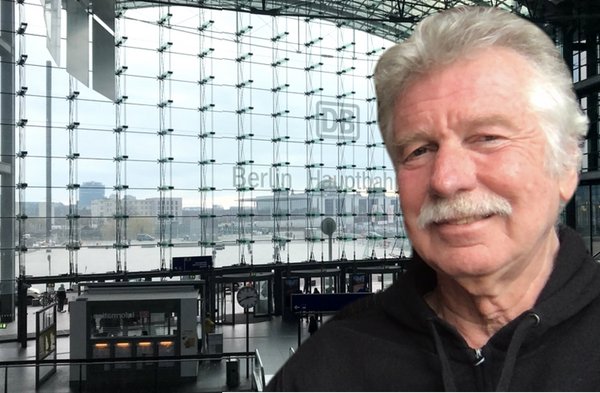
Photo: Michael Bamberg
Stories, and storytelling from a first-person perspective – is there any other way? But how about storytelling practices?
In our recent critique of the use of self-reflective narratives as more or less transparent windows into narrators’ sense of self and identity, we attempted to shift the analytic needle to a reflective (and critical) integration of the cultural and interactive processes within which narratives (and identities) take place. With my presentation, I will revisit our initial trouble with what we had termed ‘big-story research,’ and expand our critique to the deeper-seated (cultural and historical) phenomenon that is woven into the study of the modern person, i.e., the construct of internality and its allies (identity, subjectivity, consciousness, the self, etc.). However, a mere critique of the Eurocentrism of interiority and its allies would fall short of recognizing how over the last twenty years the turn to narrative practices was able to inspect and illuminate the processes-character of self and identity formation within its socio-historical, cultural, and situated interactive practices.
Prof. Dr. Virginia Eatough (Birbeck, University of London)
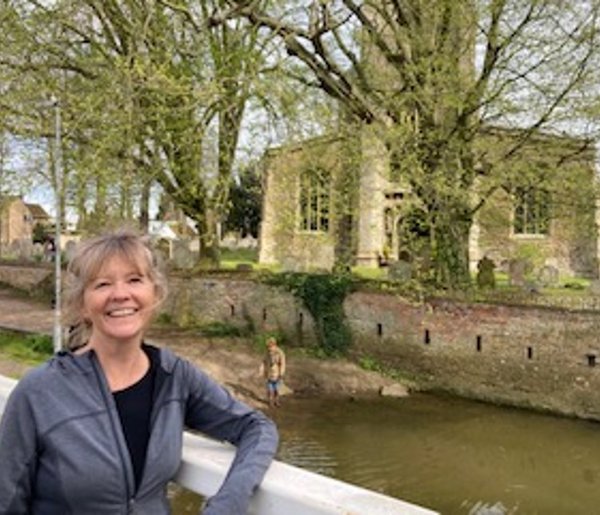
Photo: Mark Tiernan
The contribution of Interpretative Phenomenological Analysis to furthering the development of the first-person perspective
In this talk, I will consider the contribution that Interpretative Phenomenological Analysis (IPA) makes to the ways in which we understand the first-person perspective. To do this, first, I will describe the origin and development of IPA over the past 30 years situating it within qualitative research methods and other first-person approaches, as well as looking at its application to various fields including the cognitive sciences. Second, I will examine some of its distinctive features such as the ways it thinks about idiography, language, meaning, and hermeneutics. I will suggest that an engagement with these ideas will prove fruitful in furthering the development of first-person science. Third, I will discuss how these concepts underpin the IPA approach and what this looks like in practice drawing on examples from my own research using IPA. Finally, I will briefly touch on recent developments in IPA such as its use in mixed-methods research and longitudinal studies as well as current thinking on what constitutes good IPA work.
Dr. Katrin Heimann (Aarhus University)
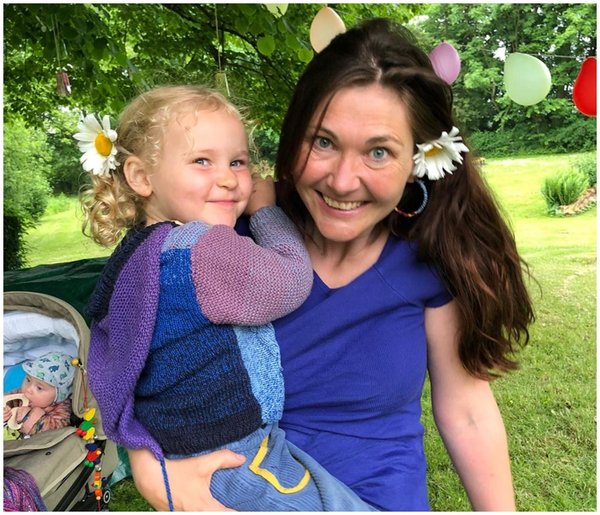
Photo: Katrin Heimann
About what it can be like to experience art
Art experience has been a particularly hard topic to approach within the framework of cognitive sciences with the gap between (neuro-)physiological responses and concepts (of the aesthetic) seeming even wider than with regard to other questions. In my talk, I will present at least two ways of using micro-phenomenology in this realm: a) I will present a study using MP to illuminate the responses of a behavioral lab study about aesthetic judgement of musical stimuli. This case will also serve as a demonstration how Micro-Phenomenology can be used as a tool for piloting and experimental design in multi-method-setups. b) I will present at least one intervention in the museum context during which Micro-Phenomenology was used as a tool for research and documentation as well as dissemination of art installation. My descriptions of the collected data will convey what type of experiences participants reported about and what can be learned about art in this way. Furthermore, data from follow up interviews with all involved stakeholders (artist, museum education team, teachers and participants) will allow to discuss in what way micro-phenomenological interviews became part of the art experience, why it has therefore become important to collaborate with artists and institutions on the design and what the different stakeholders took from the final interactions – portraying MP as a tool of empowerment in museum and school context. Finally, I would like to discuss the resulting political nature of a micro-phenomenological intervention and what this means for its role within (cognitive) sciences.
Prof. Dr. Simon Høffding (University of Southern Denmark) & Dr. Kristian Moltke Martiny (University of Copenhagen)
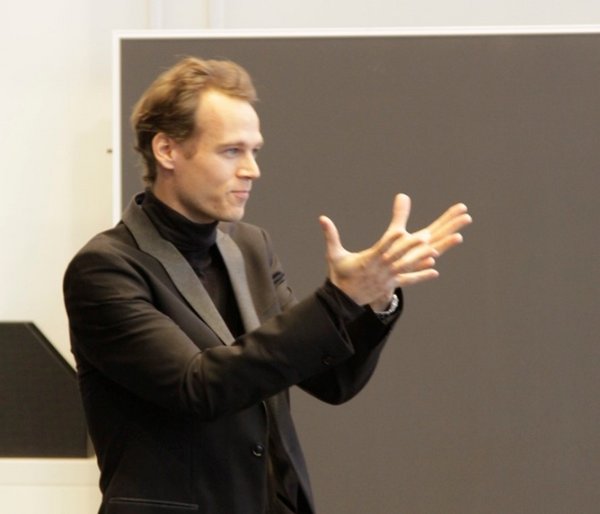
Photo: Simon Høffding
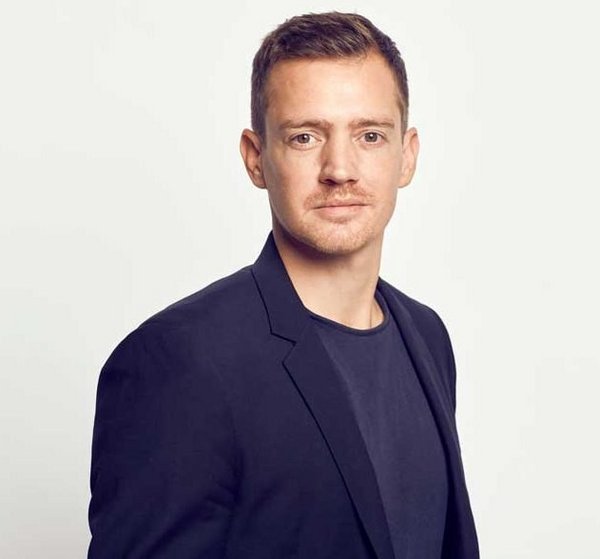
Photo: Kristian Moltke Martiny
Conducting and expanding phenomenological interviews
There are many contenders for good methods to investigate others’ experience, such as phenomenological psychology, interpretative phenomenological analysis or the hermeneutic phenomenological method. Recently, protagonists of these methods have engaged in harsh arguments over which one is “truly” phenomenological. Above all, these methods apply specific steps to putatively ensure phenomenological compatibility and authority. In contrast, we have recently argued that such steps risks leading to “hyper-philosophizing”, that it is more fruitful to use phenomenology as an overall framework, and that each method ultimately should be evaluated on its impact on and contribution to science and society.
In the first half of this talk, we outline what we mean by “using phenomenology as an overall framework”. This includes investigating particular phenomena or case studies, such a disability, mental illness, expertise or improvisation, as enriched by classical and recent discussions in phenomenology and 4E cognition largely construed. In the second half of the talk, we expand these investigations and describe the ensuing impact. Pertaining to science, the phenomenological work has grounded large-scale interdisciplinary research initiatives in concert halls and theatres. Pertaining to society, the investigations have led to new rehabilitation strategies and new open, citizen science communication platforms.
Prof. Dr. Matthew D. Sacchet (Harvard Medical School / Massachusetts General Hospital) & Prof. Dr. Terje Sparby (Rudolf Steiner University College, Oslo)
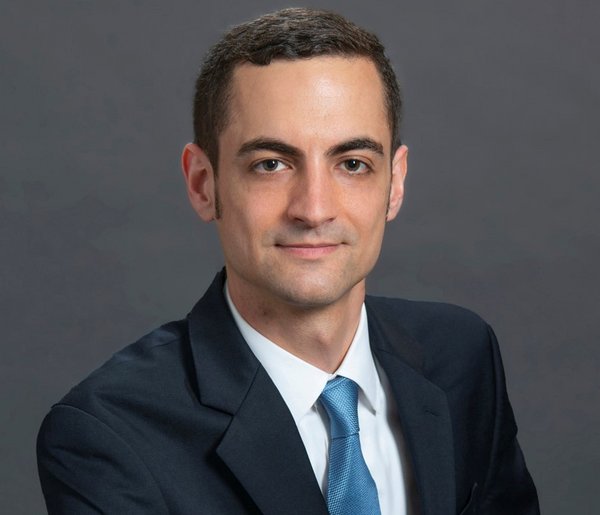
Photo: Matthew D. Sacchet
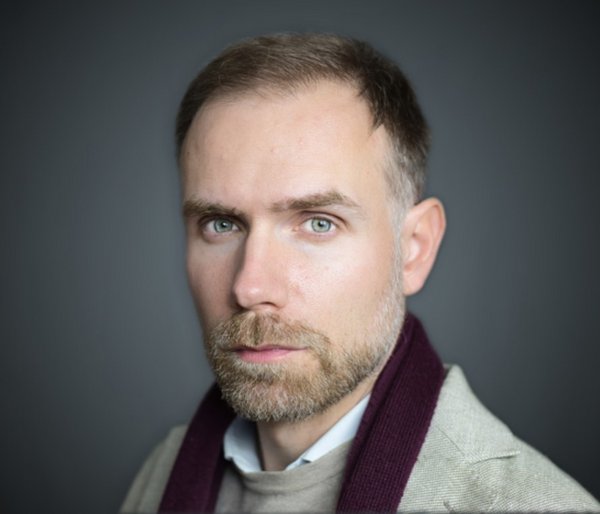
Photo: Terje Sparby
Uniting Phenomenology and Neuroscience in the Study of Adept Meditators
Advanced meditators sometimes claim that they have access to deep states of absorption and insight, that they go through specific stages of contemplative development, and that they can experience the kind of awakening described in classic texts from Buddhist and other traditions. The Adept Phenomenology and Neurophenomenology studies investigate these aspects of contemplative practice in-depth, using first-person methods and human neuroimaging (fMRI) and electrophysiology (MEG, EEG). The phenomenological part of the project investigates the general experiential structures of meditative states, stages, and awakening. For example, different descriptions of absorption states (jhanas) exist in traditional literature, contemporary mediation handbooks, and participant reports. To what extent do these descriptions overlap? What are typical individual differences in the experience of these states? The neurophenomenological study contributes further to this understanding by investigating the neuroscience of these states, stages, and awakenings. By mutually informing each other, these approaches create both a comprehensive and nuanced account of the experiences of advanced meditators.